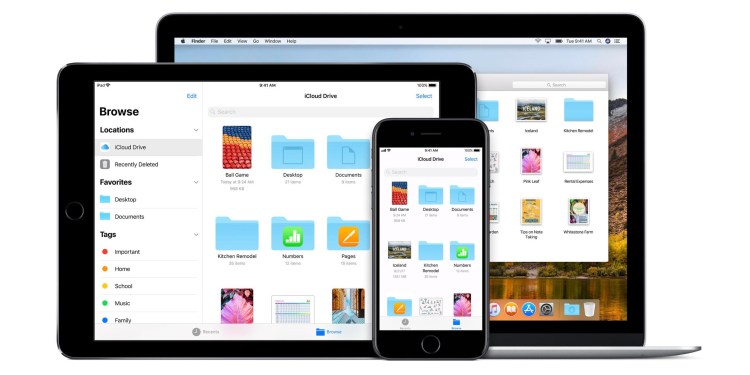Seven years after Apple released the original iPad, choosing the iPhone’s pared-down operating system over the Mac’s robust version, the company apparently plans to merge the separate platforms’ apps into unified iOS and macOS binaries. According to a report from Bloomberg’s well-sourced Mark Gurman, the next version of macOS — expected to be numbered 10.14 — will be capable of running apps originally developed for iOS devices.
macOS will reportedly enable a single binary to run on iPads, iPhones, and Macs, automatically determining the correct interface to display. This would allow developers to focus on creating a single app rather than trying to maintain features and fixes across two apps, benefitting neglected Mac apps such as Twitter. Unified iOS/macOS apps could then be offered on the Mac’s version of the App Store, rejuvenating the rare Apple shop that has long resembled a ghost town.
Apple has been laying the foundation for this transition since the earliest days of iOS. The mobile platform was originally built using custom versions of Apple’s OS X kernel and development tools, and macOS has since liberally borrowed features and aesthetics originally introduced in iOS. Until recently, differences in both computing power and input schemes have separated the platforms.
But the latest iOS devices powered by Apple’s A-series ARM processors have achieved CPU and GPU performance parity with some Intel Macs, conceivably enabling the company’s tablets and phones to run desktop/laptop-caliber apps without stumbling. Apple has also introduced T1 and T2 ARM processors into certain Macs, potentially enabling them to run iOS code directly. Gurman notes that Apple could “one day use the same main processor on Macs and iOS devices,” making it simpler to create a single OS for all of Apple’s platforms.
June 5th: The AI Audit in NYC
Join us next week in NYC to engage with top executive leaders, delving into strategies for auditing AI models to ensure fairness, optimal performance, and ethical compliance across diverse organizations. Secure your attendance for this exclusive invite-only event.
It’s unclear at this point whether Macs will initially run iOS apps in an emulator window, similar to Apple’s Xcode developer tools, or require them to be recompiled with Mac-specific input and display features.
New macOS versions make their first debuts at Apple’s Worldwide Developers Conferences in June, followed immediately thereafter by beta releases, with final versions shipping each fall.

